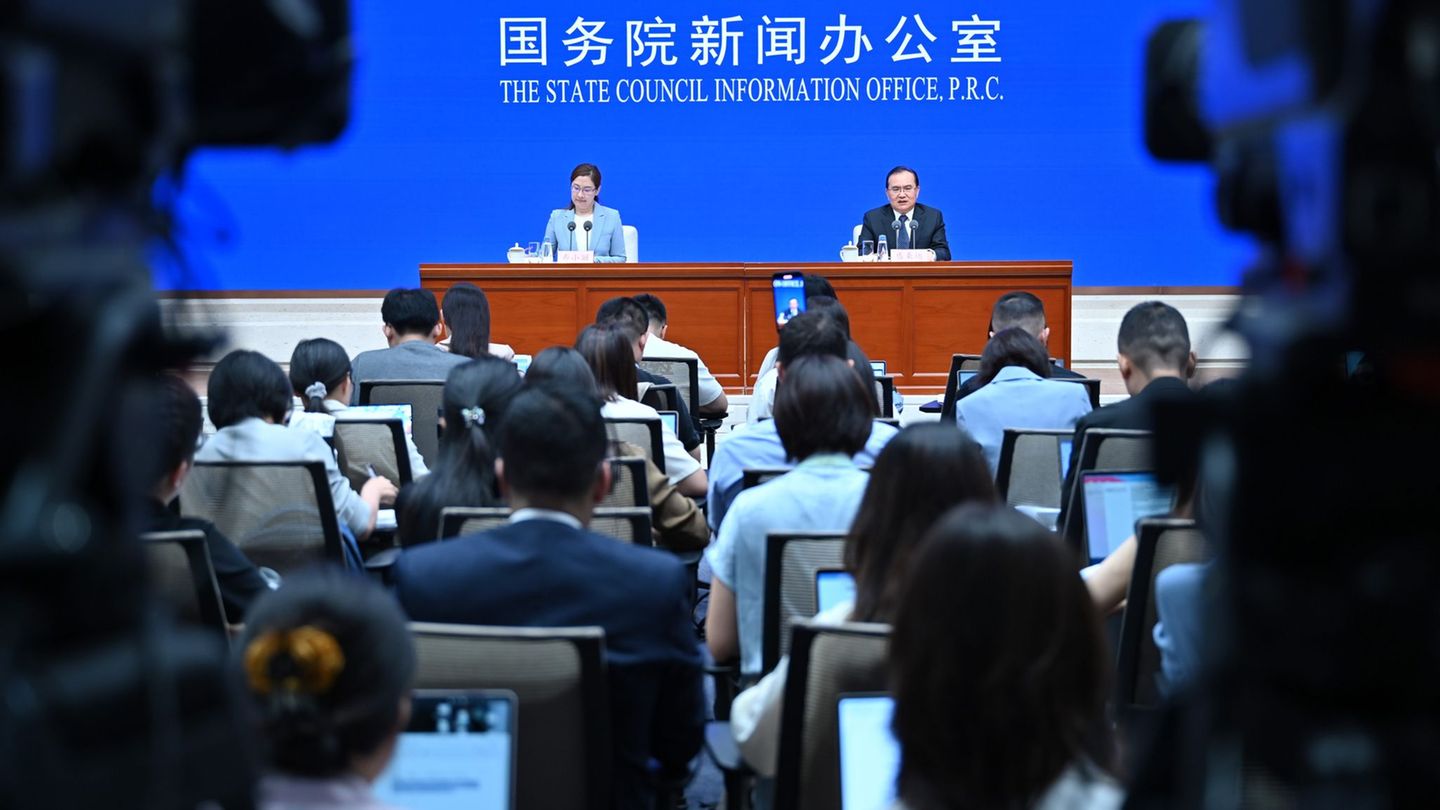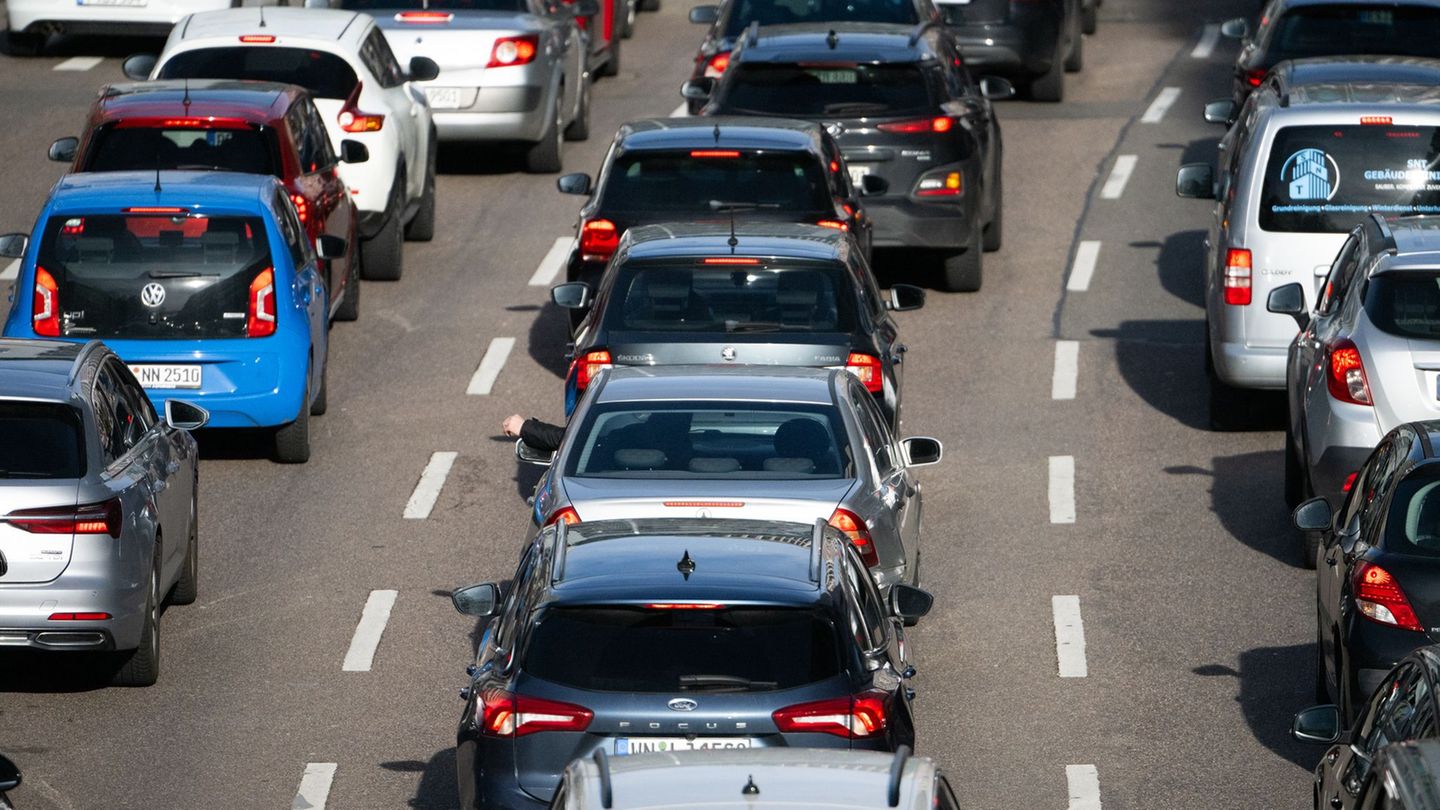As the Potsdam Institute for Climate Impact Research (PIK) found in a study published on Monday, 30 percent of more than 1,500 regions examined succeeded in doing this. “This trend is increasing and is an important step forward,” the institute said.
- You might also be interested in: The largest agri-PV system is being built in Pischelsdorf
National climate protection measures therefore play “a crucial role” in decoupling economic growth from emissions. “We found that 30 percent of the regions for which data are available have completely decoupled their CO2 emissions from economic growth,” explained study co-author Anders Levermann. This was particularly achieved by “regions with high incomes and a tradition of CO2-intensive industries as well as regions with a high proportion of service sectors and manufacturing industries”.
Climate protection measures at regional level
The study continues that decoupling is also determined by climate protection measures at the regional level. “In particular, cities in the European Union that have implemented climate protection plans and regions whose climate measures have received increasing financial support show higher decoupling rates,” explained lead author Maria Zioga. Europe consistently performs better than other parts of the world. In North America or Asia, for example, success has fluctuated over the decades.
- Also read: Almost 90,000 households in Linz heat with district heating
The study analyzed a good 1,500 so-called subnational regions, such as Chinese provinces, US states or German federal states, in which economic performance increased. According to the information, these regions examined were responsible for 85 percent of global CO2 emissions.
Greater efforts are necessary for climate neutrality
The researchers also determined for the regions when they could operate in an emissions-neutral manner. “Developed countries will likely reach these goals sooner than others, but overall recent trends are not sufficient to achieve net-zero emissions by mid-century,” explained study co-author Maximilian Kotz. “If current decoupling rates continue, less than half of regions will be able to achieve net-zero emissions by 2050.” Greater efforts to achieve climate neutrality are therefore necessary.
Source: Nachrichten




